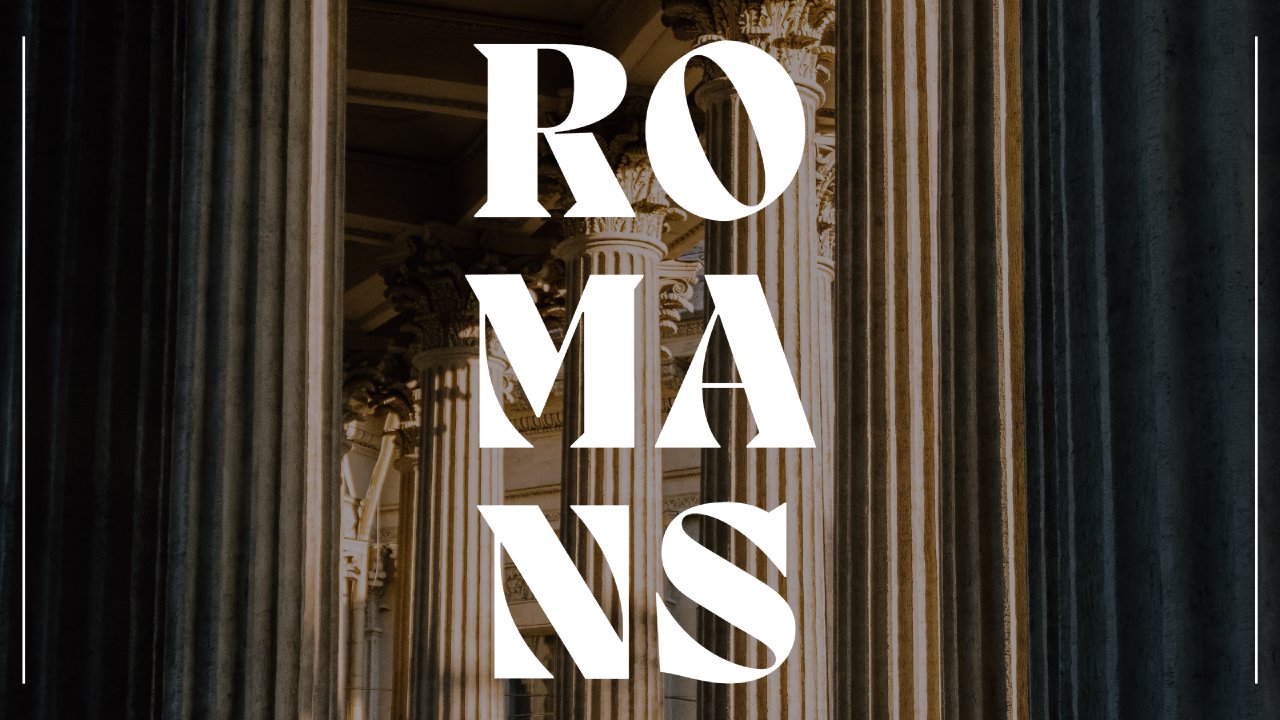In this sermon, the speaker delves into the Book of Romans, starting with its historical context as a letter written by Apostle Paul to a church in Rome around 57 AD. The church was notable for its widespread reputation of faith and obedience. The sermon references Martin Luther's profound experience with Romans, particularly 1:17, which led to his understanding of righteousness as a gift of faith from God.
The sermon then provides a comprehensive overview of Romans, emphasizing justification by faith alone as its central theme. It explains that all humans are deserving of God's wrath due to sin, but through faith in Jesus Christ, we are declared righteous, or justified, before God. This justification is necessary because our works cannot meet God's standards and is sufficient because it is not dependent on our actions.
The speaker illustrates the concept of imputation, where Christ's righteousness is credited to believers, and outlines the benefits of justification, including peace with God, access to grace, and salvation from wrath. The sermon also addresses the continuity of justification by faith from the Old Testament, using Abraham's example of being credited righteousness through faith.
Chapters six through eight of Romans are discussed, highlighting that justification leads to a life of righteousness, not a license to sin. The sermon touches on the assurance of salvation and God's sovereignty in salvation, as seen in chapters nine through eleven. It concludes with the practical implications of justification by faith in personal conduct, social responsibilities, and church life, urging believers to live out the gospel in all aspects of life.






